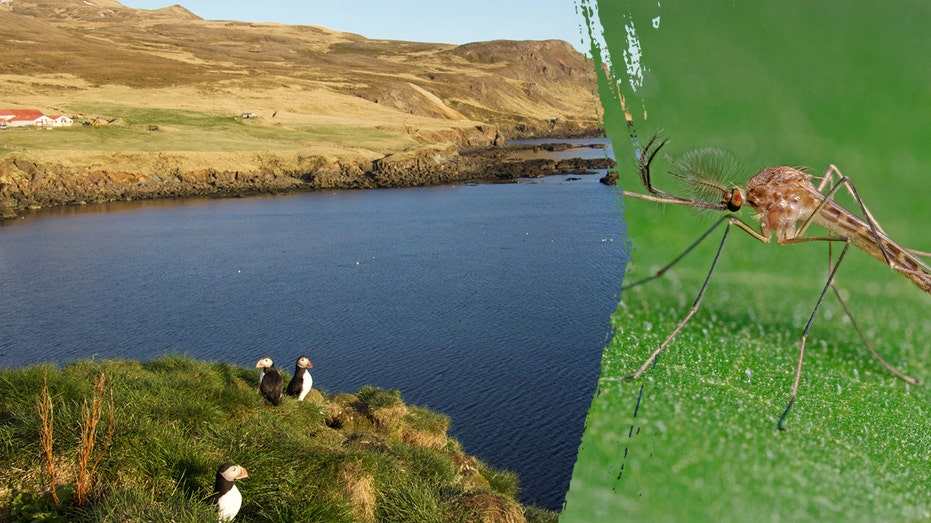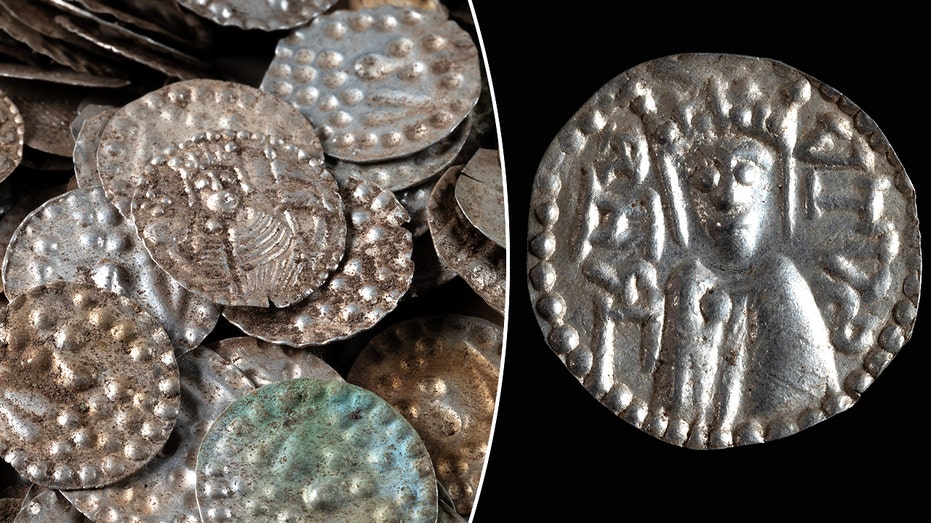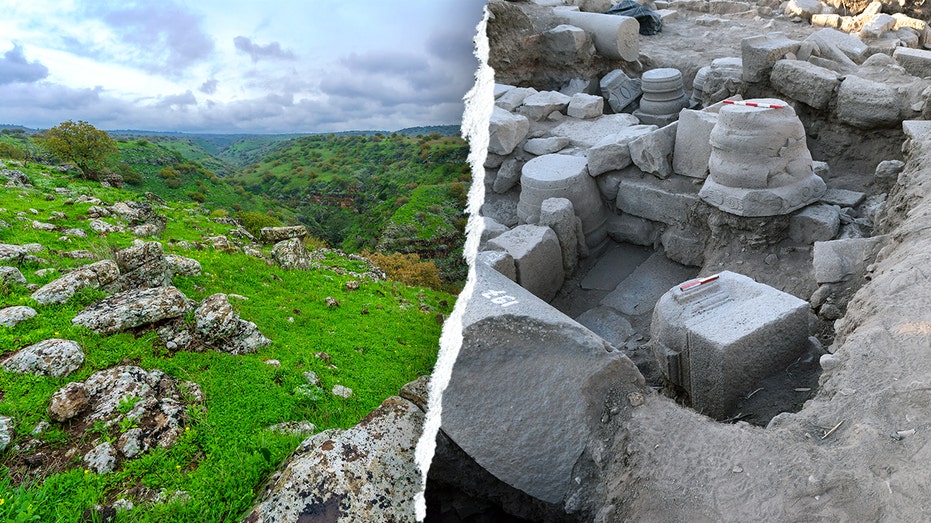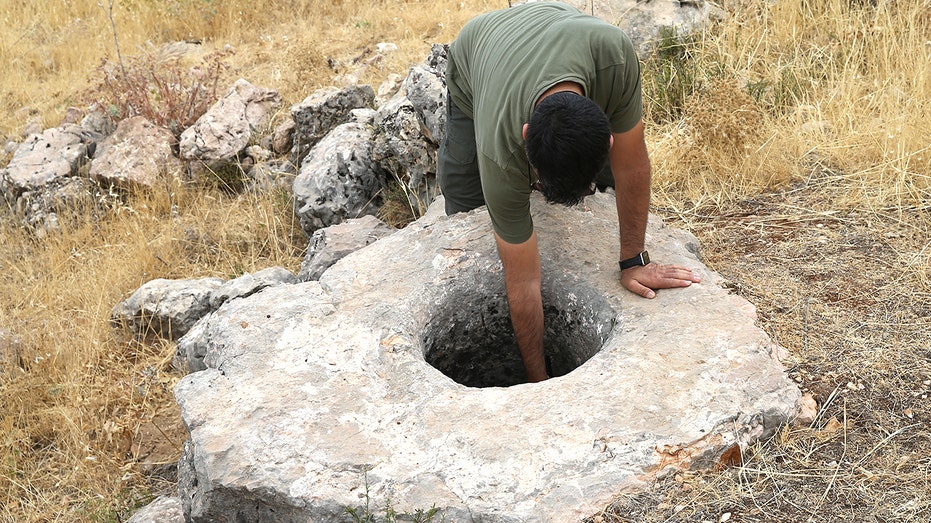A silent, unseen boundary has been breached. For the first time in recorded history, mosquitoes have arrived in Iceland, a nation famed for its pristine landscapes and remarkably insect-free environment.
Iceland, a Nordic island just south of the Arctic Circle, has recently exploded in popularity with travelers drawn to its geothermal wonders and unique wildlife. Until now, one of its quiet appeals was the complete absence of mosquitoes – a benefit now lost to the changing world.
The discovery, confirmed by scientists at the Icelandic Institute of Natural History, sent ripples of surprise through the country. Three mosquitoes were initially identified near Reykjavik, the nation’s capital, marking a pivotal moment in Iceland’s natural history.
The initial sighting came from an observant entomologist, Björn Hjaltason, who noticed an unusual fly attracted to his insect band on the evening of October 16th. A swift collection and careful examination would soon reveal the startling truth.
Hjaltason’s specimen was confirmed as *Culiseta annulata* by entomologist Matthías Alfreðsson. This isn’t just any mosquito; this species possesses a chilling resilience to cold weather, raising concerns about its potential to establish a permanent foothold.
Alfreðsson stated that the arrival, while predicted, represents a significant shift. The possibility that these mosquitoes are “here to stay” is now a very real consideration for the island nation.
The timing coincides with a dramatic surge in Iceland’s tourism. Numbers have soared from 813,215 trips in 2021 to over three million in 2023, with overnight stays more than doubling in the same period.
This influx of travelers, while boosting the economy, may have inadvertently provided a pathway for the insects to arrive. The increased traffic and potential for transporting larvae could be a contributing factor to this unprecedented event.
Iceland’s allure extends beyond its summer landscapes. During the colder months, the Northern Lights draw visitors from around the globe, while spring and summer offer glimpses of rare creatures like puffins – a natural beauty now potentially shadowed by a new, unwelcome guest.






